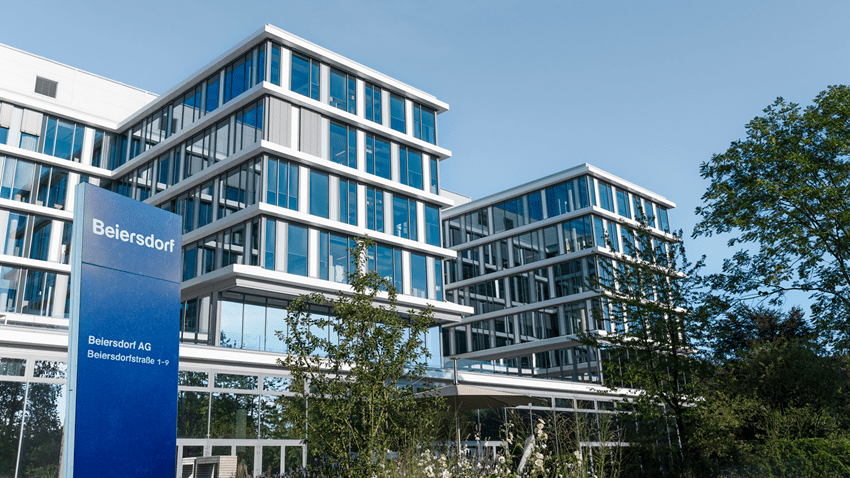
Many ingredients that are essential for the production of cosmetic products – such as emulsifiers and surfactants – are extracted from mineral or vegetable oils, e.g. palm (kernel) oil. As a global skin care company we do not purchase palm (kernel) oil directly but use derivatives (further processed substances based on palm (kernel) oil). When sustainably cultivated, oil palms are ecologically very efficient plants that allow maximum oil production on a comparatively small area of cultivated land. To conserve scarce resources and minimize the environmental impact of our products, we work closely with our partners along the supply chain.
















